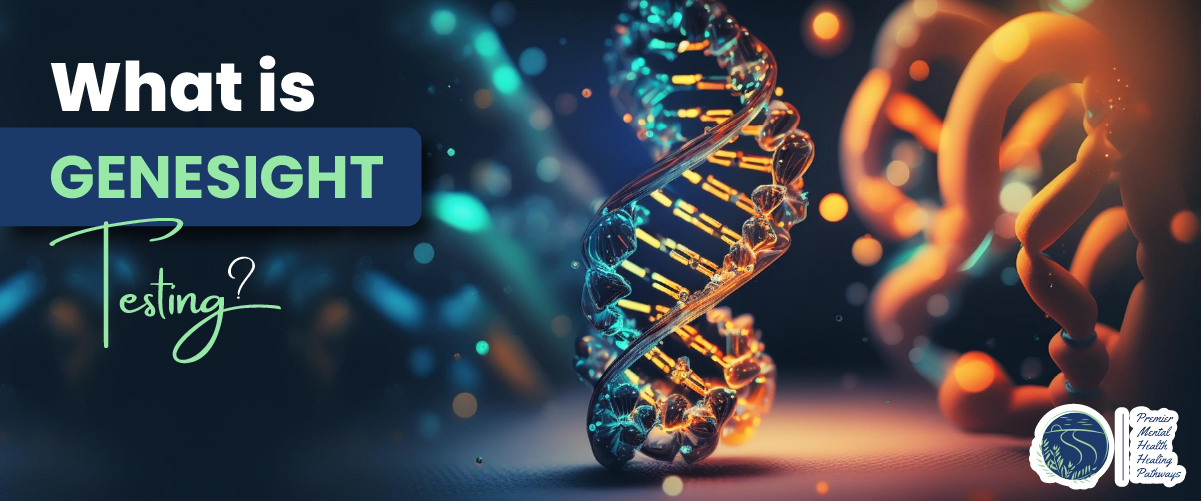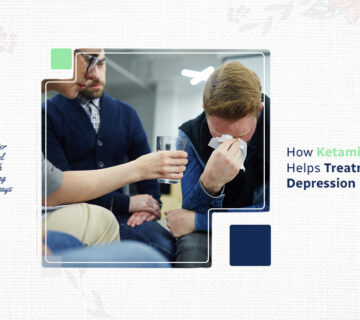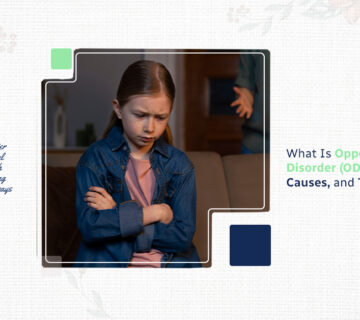Finding the right medicine for mental health can be tricky. Some people feel better quickly, while others struggle with side effects or don’t see much improvement.
However, a helpful tool called GeneSight testing makes this process easier. It looks at a person’s DNA to see which medicines work best.
GeneSight is a big deal in mental health treatment. It helps with ADHD and bipolar disorder by telling doctors which medicines are good for each person.
At Premier Mental Health Healing Pathways, we’re all about giving you the mental health care that fits you perfectly.
With our GeneSight Testing, we use your DNA to find the medicines that will help you the most, making your journey to feeling better.
GeneSight gives important information by understanding how your body handles medicines. More people want personalized mental health care, so knowing about GeneSight is useful.
But what is GeneSight testing, and how does it impact conditions like ADHD and bipolar disorder?
Below, we will discuss in detail, interpret the results, and determine whether insurance covers it.
If you’re curious about trying GeneSight, keep reading to find out more.
Define GeneSight Testing?
GeneSight testing, also known as pharmacogenetic testing. It helps in medication selection and dosage based on an individual’s genetic profile.
It analyzes genes to determine the most suitable treatment options. It works by examining particular genes related to drug metabolism and responsiveness.
GeneSight, with its platform Geneinsight, gives detailed information about how your genes may influence your reaction to different medications.
Benefits of GeneSight Testing
GeneSight testing is really helpful for mental health treatment in three main ways:
- It looks at your genes to find medicines most likely to work for you. It means you’re more likely to get the right treatment that helps your mental health.
- By checking your genes, you can avoid medicines that may cause bad reactions. It makes your treatment safer because you’re less likely to have unwanted side effects.
- Your doctor can create a treatment plan based on your genes. This personalized plan can work better for you, saving time because you won’t have to try many different medicines to find what works.
GeneSight Testing for ADHD

In ADHD treatment, GeneSight testing gives personalized solutions. It finds the best medication and dosage for each patient based on their genes.
A DNA test for ADHD medication uses GeneSight technology. It checks genetic markers linked to drug metabolism enzymes and neurotransmitter receptors.
It helps doctors understand how a person’s genetic differences impact medication processing.
Healthcare providers can then choose the right treatment plan by pharmacogenetic testing for ADHD. It makes it more effective and reduces side effects.
Studies have shown that GeneSight testing can help control ADHD symptoms and reduce side effects.
Genetic Testing for Bipolar Medication
Beyond ADHD, GeneSight testing can also help with bipolar disorder treatment.
Doctors can make treatment plans just for you by looking at how your genes affect your medication response. It makes your treatment work better and helps you feel better.
What Does GeneSight Test For?
The GeneSight test assesses genetic variations related to drug metabolism and neurotransmitter pathways. It also considers pharmacodynamic factors. It examines key genes such as:
- GeneSight CYP2D6 for metabolizing psychiatric drugs.
- GeneSight Psychotropic for mental health medication effectiveness.
- GeneSight MTHFR for folate and medication processing.
- GeneSight ADHD for selecting ADHD medications based on genetic factors.
Understanding how gene variances impact drug responses is vital for treatment decisions. It can lead to better patient outcomes.
How to Interpret GeneSight Results?
Interpreting GeneSight results involves understanding how genes influence medication response, which is called pharmacogenomics. The results usually into three groups:
- Green: It means your genes suggest a good response to the medication.
- Yellow: It could work for you but may need careful monitoring or a different dose.
- Red: Your genes indicate a higher chance of side effects or the medication not working well.
Talk to a healthcare provider who knows about pharmacogenomics to make sense of these results. They can help you make smart choices about your treatment.
How Long Does GeneSight Take?

When someone gets a Genesight test, it checks their genes to see how they may react to certain mental health medications. The test usually takes a few days to a couple of weeks.
During this time, patients can be confident that their doctor is working on personalized treatment plans based on the results.
It involves adjusting medication doses or trying different medicines that work better with your genes.
The aim is to find the most effective and safest treatment for each person.
What Insurance Covers GeneSight?

Insurance coverage for GeneSight testing can change based on your insurance plan and how much you need it.
Your insurance company decides if they’ll pay for it or not. Some plans may cover it all or just part of it, while others won’t cover it at all.
Some individuals ask, ‘Is genetic testing for antidepressants covered by insurance?’ It depends on the insurance provider, the rules, and the situation.
Nowadays, many insurance companies understand how useful genetic testing can be for getting the right treatment, so they might help pay for it if needed.
But before you do the GeneSight testing, it’s best to check with your insurance company first to see if they’ll cover it and how much they’ll pay.
GeneSight Testing for ADHD Near Me
More places now offer GeneSight testing to find the right medicine for you. To find a place nearby:
- Go to “Google” and type “GeneSight testing near me” to find places close to you.
- Please consult with your regular doctor or psychiatrist, as they may be aware of nearby facilities offering the test.
- Check websites like Premier Mental Health. They have lists of places that do this test so that you can find one close to you.
- Call local hospitals, clinics, or mental health centers and ask if they offer GeneSight testing for ADHD or can refer you to a place that does.
- Explore reviews or feedback from others regarding the facilities you’re considering.
Contact your health insurance provider to find out if they cover GeneSight testing and if they have a list of places where you can get it.
Following these steps can help you find a nearby place to help you choose the best medicine.
Make sure you go to a trusted GeneSight provider for GeneSight testing. They’ll help you understand the results and choose the right treatment.
Wrapping Up
To sum up, what is GeneSight testing? GeneSight testing changes how we manage psychiatric medications. It gives doctors personal details to help them choose the best treatments.
People with ADHD and different conditions get better care because of it. Their treatment is based on their genetics.
This kind of testing is a big step forward in mental health care. It means patients can have better results and feel better daily.
At Premier Mental Health, we have a range of GeneSight tests available. Contact us to find out how GeneSight testing can positively affect your psychiatric treatments.
FAQs
How do you read a GeneSight Test?
We will help you understand what your GeneSight results mean. We use the information to choose the best medications based on your genes.
Does Insurance cover GeneSight testing?
Yes, many insurance plans offer some coverage for GeneSight testing.
Does GeneSight Test for ADHD?
Yes, GeneSight Testing looks at genes related to ADHD medication response. It gives doctors valuable information to help them choose the best treatment for you.
Does GeneSight testing require a blood sample?
No, it just needs a simple cheek swab.
How accurate is GeneSight testing?
GeneSight testing is accurate, with over 90% agreement between test results and real-life outcomes.
What technologies are used in a genetic depression test?
Genetic depression tests examine your DNA to see if certain gene variations are linked to a higher risk of depression.






No comment